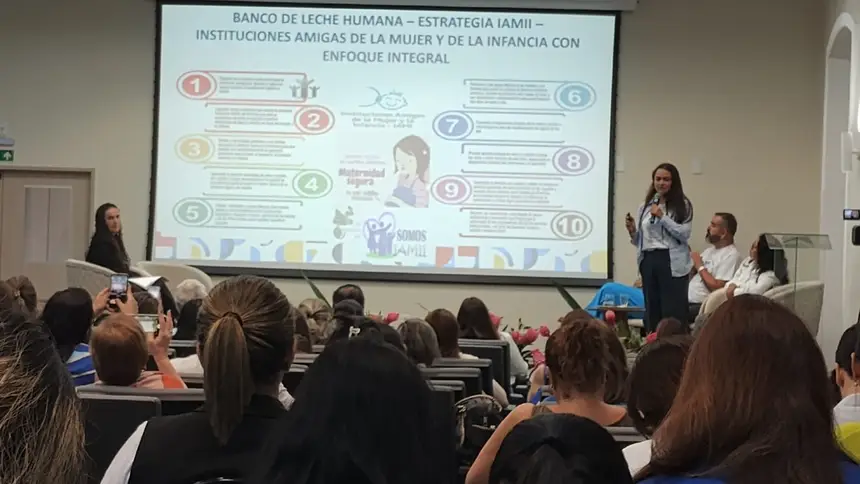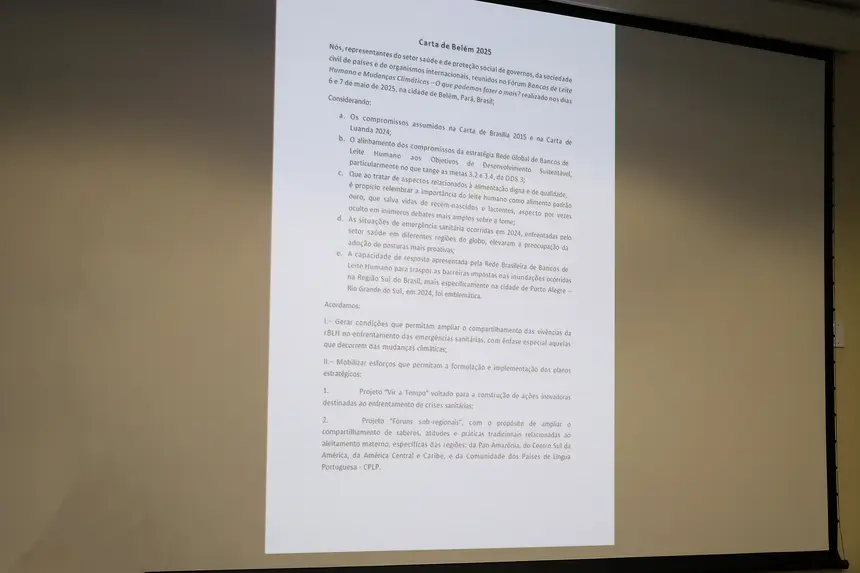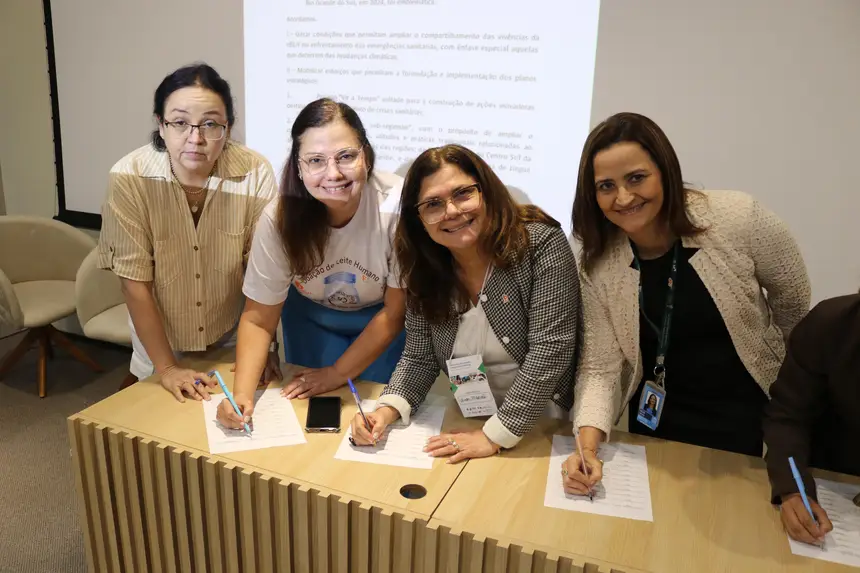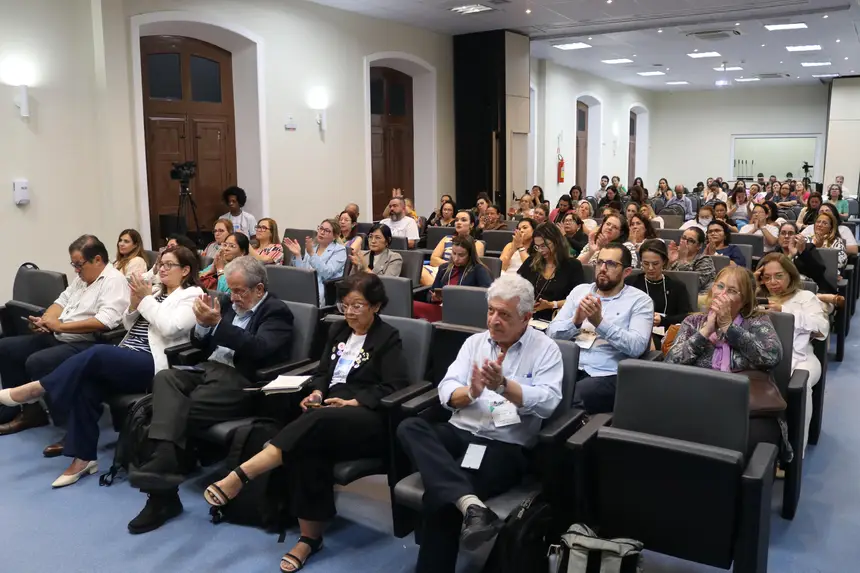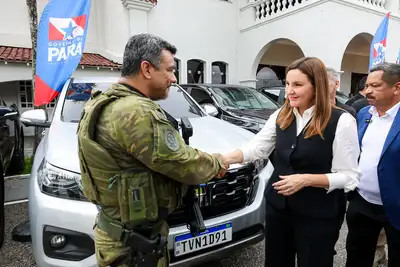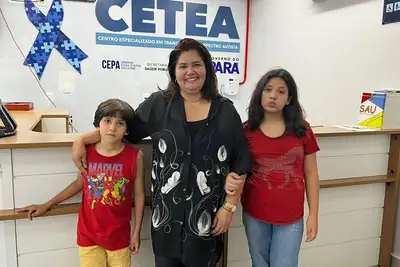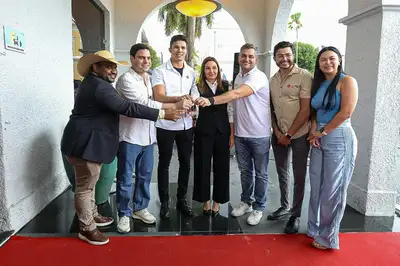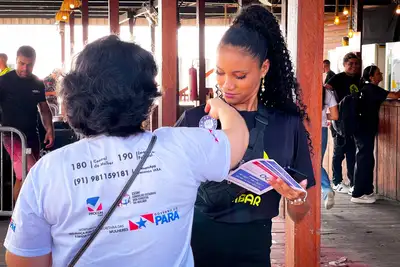Belém Letter Concludes World Forum Emphasizing the Importance of the Human Milk Bank Network
The document drafted after two days of debates in Belém highlights the integration of human milk banks around the world
The release of the Belém Letter concluded the World Human Milk Donation Forum on Wednesday night (7). The document summarizes the work and importance of the network of milk banks in Brazilian states and countries that are part of the global network. The event, promoted by the Ministry of Health and Oswaldo Cruz Foundation (Fiocruz), in partnership with the Ministry of Foreign Affairs and State and Municipal Health Secretariats across Brazil, along with support from the Pan American Health Organization (PAHO), brought together experts from various parts of the world at the headquarters of the Santa Casa Foundation of Pará.
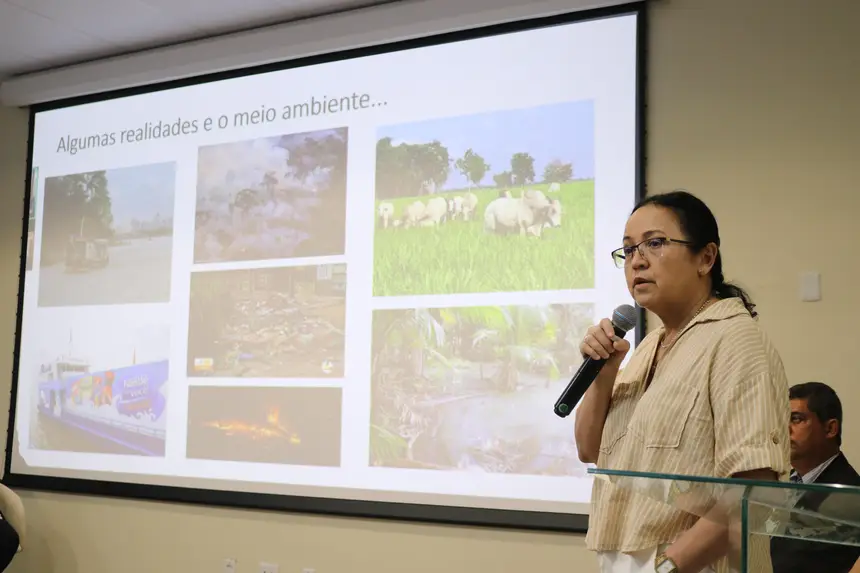
Mônica Sandovil, a nutritionist who participated in the Forum as a representative of Colombia, highlighted the work for public health in her country, which has a population of over 53 million inhabitants. “We incorporated acute nutrition, low birth weight, and malnutrition into our shelves. And for this, we have a government information system, food and nutritional monitoring, taking into account all the problems, prioritizing the implementation of strategies aimed at improving maternal and child health,” said the specialist.
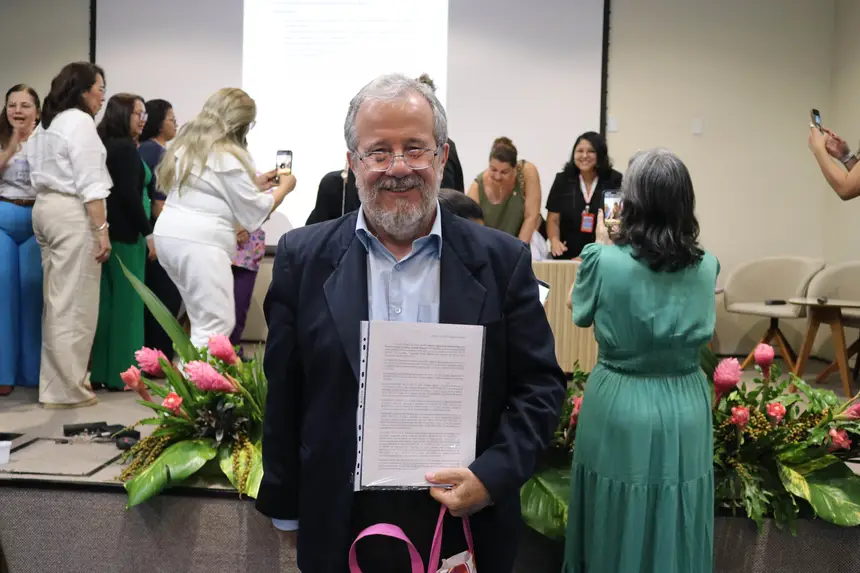
Emergency Situations - For João Aprígio de Almeida, coordinator of the Brazilian Network of Human Milk Banks, the Belém Letter 2025 crowns the efforts of all. “It is an integrated, intersectoral action that focuses on discussing the issue of human milk banks in the face of sanitary emergency situations, especially those arising from the climate crisis,” said the coordinator, adding that “the Belém Letter is the conclusive synthesis of what was discussed over two days. The most concrete point of what we talked about from the beginning, of the organization of the event. This event was not meant to exhaust time. This event was to initiate discussions that are important for all of us. And reinforcing the work of everyone involved with the Forum, we thank everyone at the Santa Casa of Belém do Pará for their hospitality, kindness, and receptivity, for allowing us to hold the event as it was conducted.”
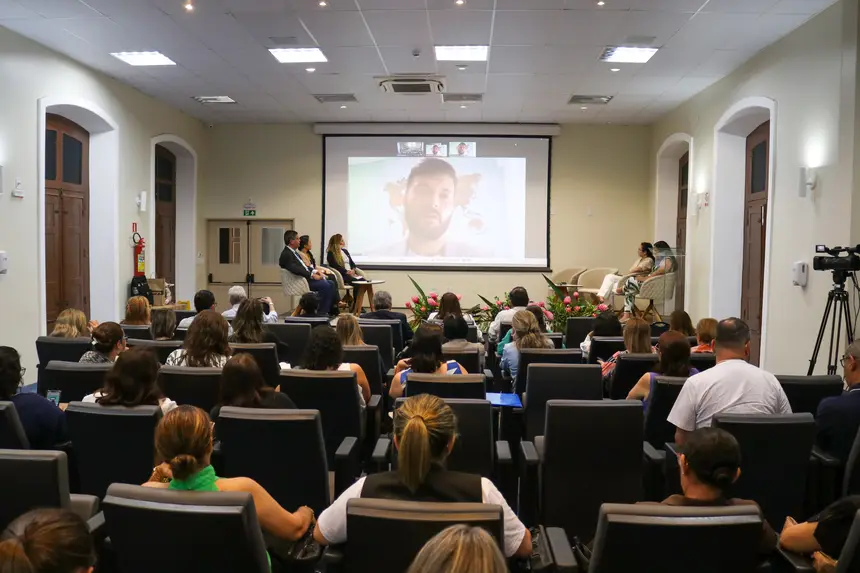
According to Maria Alves Belém, director of Technical and Operational Support at the Santa Casa Foundation, the Forum was of great relevance to strengthen the work of milk banks in promoting and recruiting voluntary donors, “so that we can serve small newborns, especially those who are more vulnerable. This work happens worldwide, and this event represents the strengthening of an action that saves lives, the voluntary action of those who donate the excess of their milk to other children who cannot feed directly from their mother's breast. Babies born with extreme prematurity cannot suck directly from the mother's breast, or mothers have some pathologies. So, what is the most sustainable, safest food? It is human milk. And in Brazil, breastfeeding is a health culture. So that we can bring this more sustainable future and return to being mammals, because in fact, human beings are mammals.”
The National and World Day of Human Milk Donation is May 19. The Santa Casa of Pará plans an action aimed at raising awareness for human milk donation in the last week of the month.


